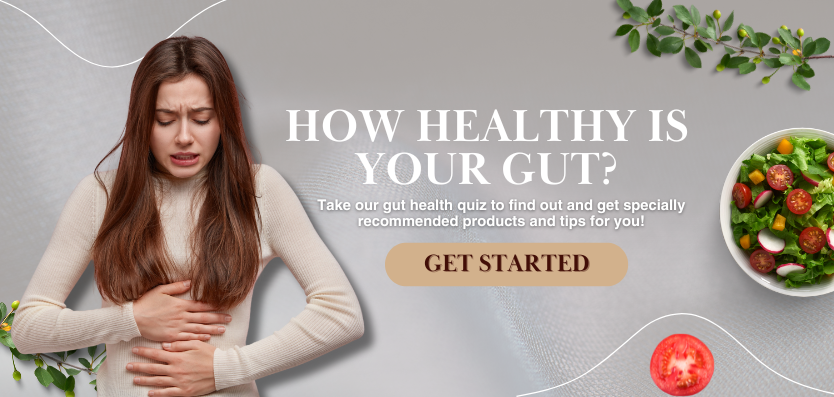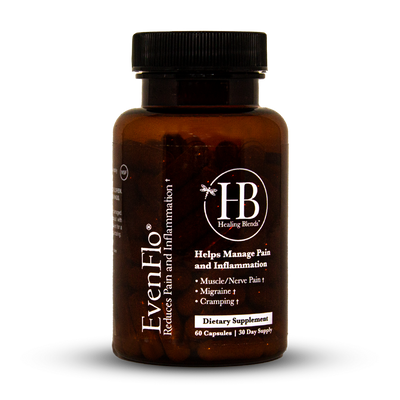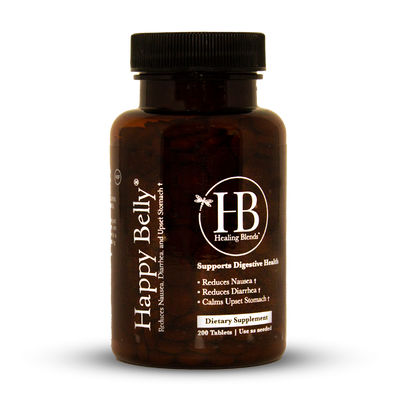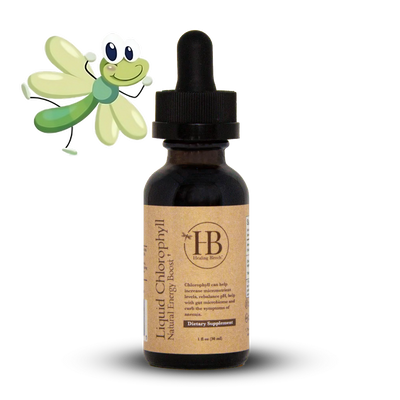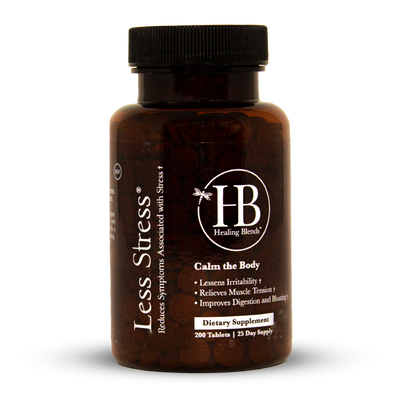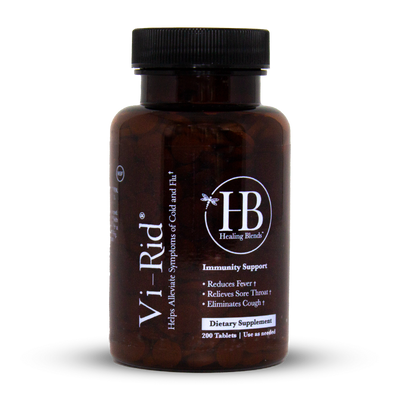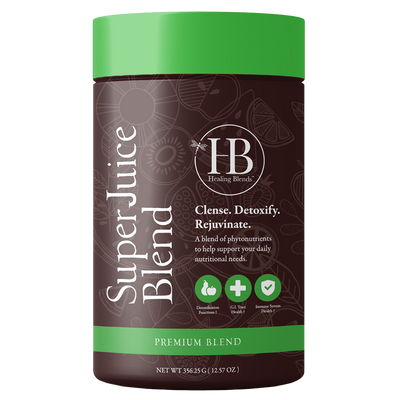Naturally Control Hypertension: Simple, Effective & Often Overlooked Ways
Hypertension is a major cause of premature deaths across the globe. We brainstorm an actionable plan based on natural remedies like exercise and scientifically backed changes to your diet to control hypertension.
Blood pressure is a term used to define the pressure applied by the blood on the walls of the arteries. This determines how hard the cardiovascular system (your heart) needs to work to circulate blood. Hypertension is a chronic medical condition caused by lifestyle and genetic conditions wherein the patient’s blood pressure remains constantly elevated. For this reason, it is commonly referred to as high blood pressure. Hypertension negatively impacts a fourth of the world’s adult population. It is called the silent killer because it is asymptomatic at the outset. But this chronic condition eventually becomes a major cause of health problems like stroke, cardiovascular problems, aneurysm, and renal disease.
Blood pressure is measured by a device filled with mercury (sphygmomanometer) that is strapped to a person’s upper arm and pumped to attain a reading in millimeters of mercury (mmHg).
A common blood pressure reading would look like 120/80mmHg (120 over 80). This reports the systolic/diastolic numbers; the first representing the pressure during the contraction of the heart and the second number indicating the pressure between heartbeats. A reading between 90/60 mmHg to 120/80 mmHg is considered normal and anything above 140/90mmHg is considered to be high blood pressure.
Causes of High Blood Pressure: Factors Contributing to Hypertension
- A sedentary lifestyle
- Genetics and environmental risk factors
- Being obese or overweight
- Salt sensitivity and high sodium intake
- High-stress lifestyle
- Smoking and high alcohol consumption
- Anxiety and depression
Can Lifestyle Changes Lower Blood Pressure? Yes.
#1 Manage Stress
Stress causes a deluge of hormones to enter the bloodstream to cope with a nerve-wracking situation. This causes temporary shrinking of blood vessels and an increased heart-rate. Additionally, it’s not just stress but also how people react to stress that causes hypertension. A high-stress lifestyle is a breeding ground for anxiety, depression, and erroneous coping mechanisms like alcohol, smoking, stress eating, or isolation. Simplifying your life and implementing stress-management will lead to healthy behaviors that positively impact your blood pressure.
- Develop a positive and flexible attitude
- Dedicate time for hobbies and recreation
- Compartmentalize and balance your life
- Simplify your life and get sufficient sleep
#2 Exercise REGULARLY
A moderate workout decreases the stiffness of blood vessels so blood may flow more smoothly. Health professionals recommend multiple 10 to 15-minute sessions spread across the day as an efficient way to thwart blood pressure spikes. If you opt for longer sessions, take time to ease into it. Start with ten minutes of brisk walking and work it up to half an hour. Swimming, hiking, strength training, and dancing are some established ways to achieve fitness and good health. If your age and health permits, try some HIIT workouts. The general recommendation is 70-80 minutes of high intensity or 150-160 minutes of moderate exercise per week. Consult a physician and professional trainer to configure your routine if you have any serious health considerations.
- Multiple 10-minute sessions or 30 minutes of moderate exercise/day
- Warm-up before and cool down after
- Get a gym buddy or accountability partner
- Make it fun by learning a dance or sport
#3 Shed the Extra Pounds
Obesity is a hot-bed of wide-ranging health issues with high blood pressure being one of them. Being overweight nearly doubles your chances of developing hypertension. While the ultimate goal is to reach a weight bracket appropriate for your age and height, even small amounts of weight loss will contribute to managing hypertension. Don’t bite into fads or crash diets; make sensible and sustainable changes to your diet in small increments. The simplest way is to eat fewer calories compared to what you burn in a day. A reduction of 200 to 500 calories is ideal and will ensure healthy weight loss.
- Reinforce long-term goals with short-term milestones
- Try intermittent fasting
- Eat low calories foods that keep you full for longer
- Eliminate refined carbs & added sugar from your diet
#4 Relaxation Techniques
Relaxation through well-established techniques like meditation, yoga, and breathwork can reduce stress and lead to reasonable improvements in your blood pressure. Meditation is a difficult technique to elucidate scientifically but there is no shortage of literature that confirms it has a positive effect on managing hypertension. A study at Harvard found that 10 to 20 minutes of relaxation techniques a day were instrumental in controlling blood pressure. The American Heart Association has also published a statement on how meditation can moderately mitigate hypertension.
- Sign up for meditation or yoga class
- Try sound-based relaxation like binaural beats
- Be regular in your practice, it is important
- Attend weekend retreats
High Blood Pressure Diet Recommendations:
#1 Say Na to Sodium
As the consumption of processed foods has shot up, so has our salt intake. But this unhealthy habit can be unlearned within a few weeks of gradual cessation. Studies have demonstrated the connection between high blood pressure and high salt intake. However, salt sensitivity is not universal and studies also suggest that the response to salt may vary among individuals. For this reason, those suffering from hypertension should eliminate salt from their diet and review the effects on their blood pressure. Salt sensitive individuals can replace table salt with an assortment of spices or dry herbs to enhance flavor.
- Check ‘sodium’ content on food labels
- Opt for fresh cuts instead of deli meat
- Avoid processed foods
- Opt for fresh produce instead of packaged or “fresh” frozen food
#2 Cut down on stimulants
While it is no secret that smoking is a vice beyond all vices, the nicotine in cigarettes narrows the arteries and hardens their wall. This increases blood pressure and the probability of clots. Similarly, alcohol causes a temporary spike in blood pressure and high consumption can lead to hypertension in the long run. Alcohol is also high in calories and contributes to weight gain which is another risk factor for hypertension. Though eliminating alcohol would be ideal, reducing intake to moderate levels can lead to a notable improvement in blood pressure levels. Those who wish to stop should proceed with caution as quitting suddenly (cold turkey) can lead to severe spikes for a few days. It is best to gradually wean off such habits over 2 to 4 weeks.
- Commit to date to quit smoking
- Seek support from friends & family
- Reduce or quit consuming alcohol
- Join a support group to avoid a relapse
#3 Get Healthy Minerals from Food
Research suggests that healthy micronutrients like minerals can play a significant role in managing hypertension. The most significant of these minerals are potassium, manganese, and calcium. Potassium and magnesium regulate nerve and muscle function. They also play a vital role in regulating blood sugar. Calcium plays a role in allowing the blood vessels to relax and contract as required. It is also important for hormone and enzyme release. You can obtain sufficient quantities of these nutrients from a healthy and balanced diet.
- Calcium: Dairy products, tofu, leafy greens, seeds, yogurt, and others
- Potassium: Banana, apricots, oranges, broccoli, sweet potatoes, mushrooms, and others
- Magnesium: Avocados, nuts, seeds, tofu, salmon, bananas, leafy greens, and others.
#4 Natural Supplements
Researchers have studied a large number of herbs and natural health supplements to examine their impact on hypertension. Some herbs and natural supplements have demonstrated a distinct ability to positively impact your blood pressure to manage hypertension. Doctors don’t generally recommend natural supplements as monotherapy for hypotension but may recommend them for use as an adjunctive treatment. Studies conducted on berberine, ginger, fish oil, Vitamin D, and folic acid (among others) indicate that they may play a role in lowering blood pressure. You can also opt for a multi-purpose natural supplement that helps with anxiety, stress, or other common risk factors that exacerbate hypertension. However, please note that natural supplements are not a replacement for prescription medication. Neither are they an excuse to circumvent making the aforementioned dietary and lifestyle changes.
Like what you are reading? If you want to get serious about your health and protect your body, join the Healing Blends Inner Circle Newsletter.
Get expert tips from people who know what they’re talking about.
Four-Step Action Plan to Manage Hypertension, Naturally:
Step One: Note down existing habits that negatively impact your blood pressure. Now, list them starting with the easiest to eliminate all the way up to the hardest. Make a contiguous list of good habits from this article that you can inculcate in the same order (easy to hard). Be honest in your analysis and realistic in your goal-setting.
Step Two: Start making changes to your diet and lifestyle at a reasonable pace. Don’t overestimate yourself and cogitate the adjustment curve for new habits. But don’t procrastinate or underwhelm your aptitude with excuses either. Resolve what you can control and absolve what you can’t control.
Step Three: As you transition into a new diet and lifestyle, begin preparation for major changes like quitting alcohol, smoking, eliminating salt, etc. via gradual cessation. Use the momentum of small changes to gain the confidence to power through the hard ones. Take the aid of natural supplements to ease any major overhaul.
Step Four: Keep a log of weekly blood pressure readings. This will help with a) noting what works and what doesn’t, b) being able to pinpoint reasons for the increase or decrease in blood pressure, and c) making educated adjustments to your diet plan and lifestyle changes to manage hypertension.

In Summary
Hypertension is a long-term condition and a leading cause of mortality in the developed world. It is not to be trifled with. Managing hypertension is a combination of dietary changes, lifestyle adjustments and natural supplements. Social support plays a significant role in a balanced and stress-free life. Turn to friends and family for encouragement, support and accountability. In the absence of this, find a relevant support group to oversee your efforts and provide emotional and moral support. According to the WHO, only 1 in 5 people with hypertension are successful at managing their condition. With our actionable plan, you can unquestionably take charge of your life and be that one person.












